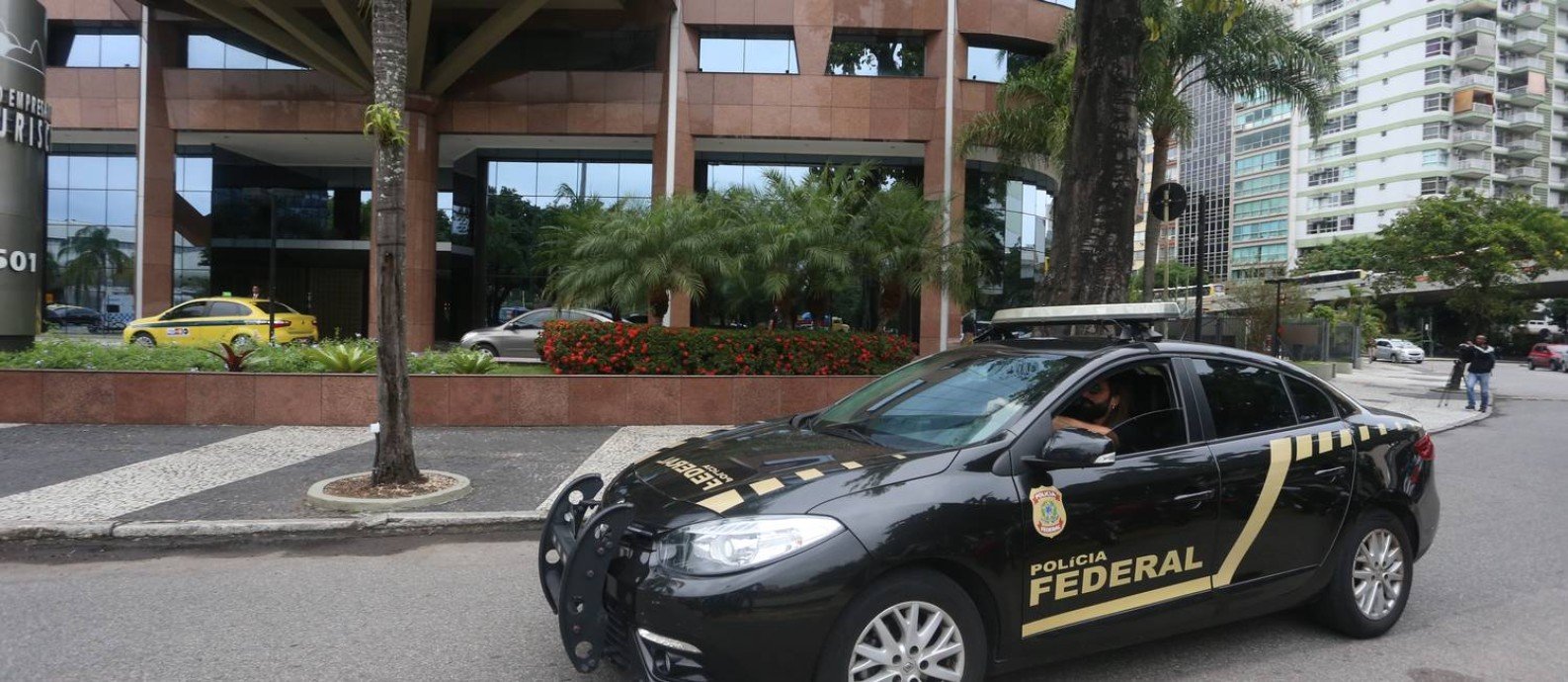RIO DE JANEIRO, BRAZIL – Prosecutor Deltan Dallagnol announced his withdrawal from the Curitiba operation task force and seven other prosecutors of the São Paulo operation signed a collective resignation alleging “unsolvable incompatibilities” with the performance of prosecutor Viviane de Oliveira Martinzes, who is not part of the task force.
In an interview with newspaper Correio Braziliense, published on Sunday, September 6th, former Justice Minister Sérgio Moro said that Operation Lava Jato, the largest corruption investigation in the country’s history, “is threatened” and depends on the action of the PGR (Federal Prosecutor General).
“Lava Jato was the largest operation against corruption in Brazil’s history and, unfortunately, it has suffered setbacks at this time. The Prosecutor’s Office’s task force continuity and working conditions are threatened. Reversing this picture depends greatly on the Prosecutor General,” said the ex-Minister when asked if the operation had come to an end.

Over the past week, the operation suffered two casualties. Prosecutor Deltan Dallagnol announced his retirement from the task force in Curitiba, and seven other prosecutors from the task force in São Paulo signed a collective resignation alleging “unsolvable incompatibilities” with the work of prosecutor Viviane de Oliveira Martinzes, who is not part of the task force.
Although Deltan justified his departure with a family issue, Moro believes that some problems at work contributed to the decision. “The task force’s work difficulties and the several unfair procedures open against him at the CNMP [internal affairs commission] made his stay increasingly distressing.”
Moro praises his colleague’s performance at the head of the operation and said he “deserves respect and recognition for his dedication and commitment to the public cause.”
“Prosecutor Alessandro de Oliveira, who should replace him, is an honest professional. He is expected to continue the work,” he told the newspaper. Asked about Prosecutor General Augusto Aras’ remarks, that it is necessary to “correct directions so that lavajatism will not endure,” Moro refuted the allegation.
“There is no such thing as ‘lavajatism’. What does exists are public servants who respect the salary paid with public money and were careful to do their job well, leading those responsible for serious crimes of corruption to be punished according to due process of law. The name of this is respect for the law and the taxpayer,” he said.
Operation Car Wash (Operação Lava Jato) is an ongoing criminal investigation by the Federal Prosecutor’s Office’s Curitiba Branch. It began in March 2014 and cases it investigated were initially heard by Judge Sérgio Moro, and in 2019 by Judge Luiz Antônio Bonat.
It has resulted in more than a thousand warrants of various types. According to the Operation Car Wash task force, investigations implicate board members of the state-owned oil company Petrobras, politicians from Brazil’s largest parties (including presidents of the Republic), presidents of the Chamber of Deputies and the Federal Senate, state governors, and businessmen from large Brazilian companies. The Federal Police consider it the largest corruption investigation in the country’s history.
Originally a money laundering investigation, it expanded to cover allegations of corruption at Petrobras, where executives allegedly accepted bribes in return for awarding contracts to construction firms at inflated prices. This criminal scheme was initially known as Petrolão (Portuguese for “big oil”) because of the Petrobras scandal. The investigation is called “Operation Car Wash” because it was first uncovered at a car wash in Brasília used for money laundering purposes.
Source: Folhapress

